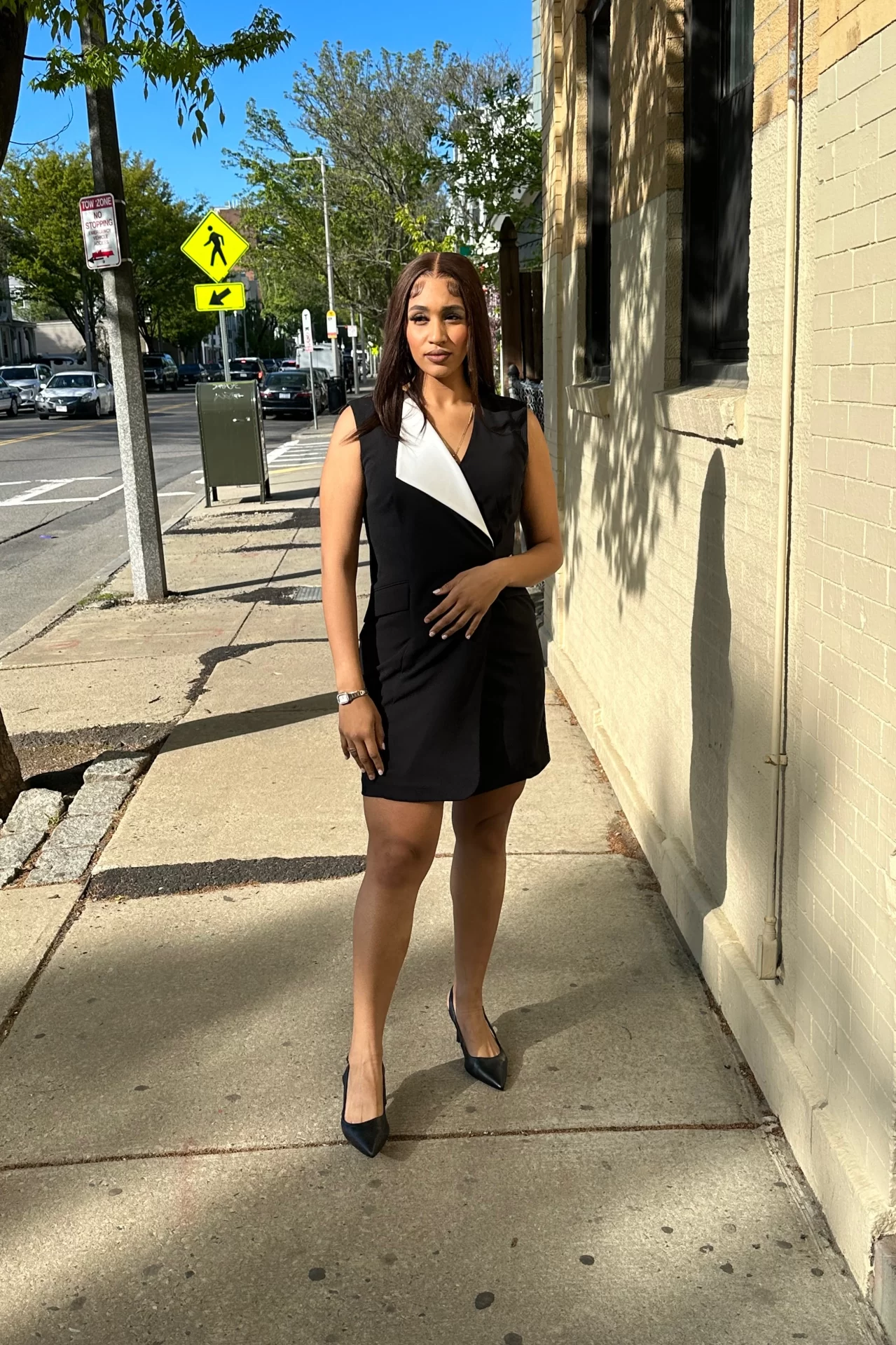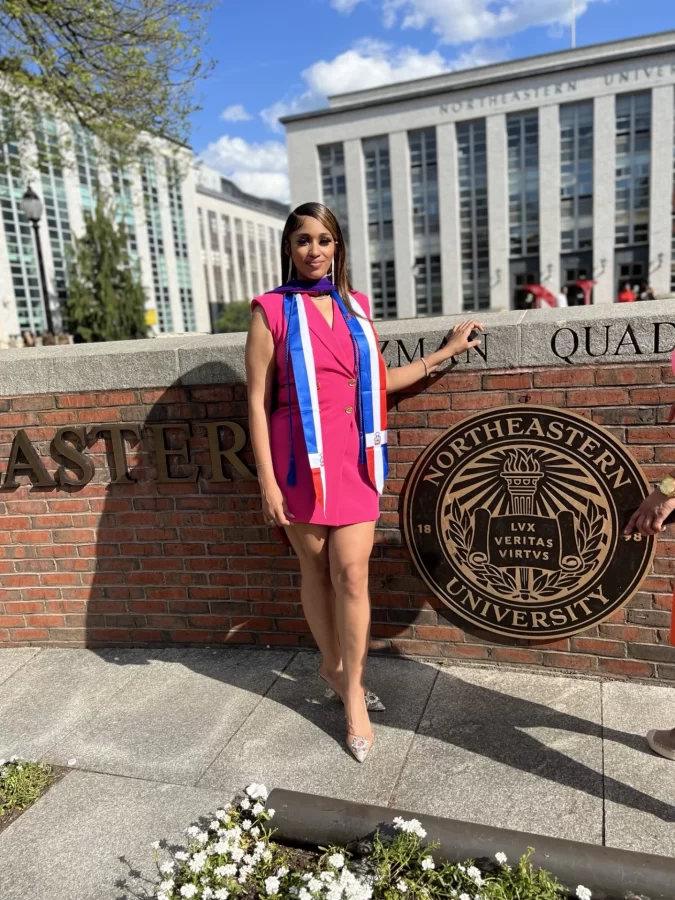Not All Sunshine and Roses: A Bates Journey
I recently had the pleasure of interviewing Amanda Brea, a former Harward Center Bonner Leader who graduated from Bates in 2020 and is now a lawyer in New York City, about her time at Bates and her journey since leaving Lewiston. Growing up low-income in the projects of Boston, with neither of her parents having attended college, Amanda was not expected to go to college, much less graduate. “For me, the prospect of going to college was very far and distant,” Amanda recalled. And yet, she persevered, attending summer enrichment programs that helped her get into a college preparatory high school centered around STEM, and then into Bates, where she was accepted as a Bonner Leader the summer before her first year.
Amanda was welcomed to Bates by a wonderful community who, she said, made it clear that they “did not care that I was different but were genuinely just interested in me.” The Bonner Leader program, Harward Center staff members, and her work in the local off-campus community were particularly strong sources of affirmation and belonging.
As a Bonner Leader, Amanda became accustomed to advocating for social justice. Her work centered around advocacy for refugees and immigrants in Lewiston – issues that hit close to home as she lived in constant fear of how the ramifications of criminal and immigration laws impacted her own family. For one of her Bonner placements, Amanda volunteered at the Lewiston District Court, with a focus on domestic violence advocacy and support. Whenever she faced challenges, the steadfast love and encouragement from former Harward Center staff member Peggy Rotundo, and from her friends, kept her going strong. Through these experiences and relationships, Amanda became increasingly confident about advocating for her own needs as well as those of others.
On the Bates campus, Amanda helped organize several affinity groups to create a coalition that advocated for improved support for students of color. Bringing their concerns to then President Spencer, Amanda and her peers were able to effect some changes, including to the Campus Safety program. They also organized to confront local efforts to keep Bates students from voting in Maine elections, which is their legal right. Ultimately, Amanda left Bates a better place than she found it. Reflecting back on that time, she said, “I found my power and pioneered. I helped open up conversations. I realized there is no project too big to tackle.”
While it has been several years since Amanda graduated, this drive is clearly still ingrained in her. Against the odds, she graduated in 2023 from Northeastern University School of Law and is a second year Associate at Citi. Although her family had always encouraged her to pursue a legal career, she had originally been set on becoming a teacher while a student at Bates. It took her a while to realize, “you’re not going to engage with anything and walk with purpose if you don’t feel aligned with it. The means need to justify the end.” For Amanda, a genuine interest in the law emerged through her Bonner Leader work, her Politics major, and once again, personal experiences. “Seeing my dad face all of these horrible issues with the law and immigration, I realized attorneys don’t know how to genuinely talk to people. Who’s going to help daughters like me with dads like him facing legal adversity? Who will represent and take care of people like us?” She went on to note that only 2% of attorneys actually look like her, a Black-Latinx woman, an alarming trend we see across many high-paying careers.
It is clear that Amanda’s college experience was not all sunshine and roses. For first generation, low income, students of color, this is not rare. After all, places like Bates were not designed with us in mind. Amanda ended our conversation by making it clear that “you do have autonomy and control over your time at Bates. If something bothers you, there’s always a space/way to voice those concerns. Did they always listen to me? No. But the majority of the time, they did. Your first year at college, it feels like you have to conform, but that is not true.”
It is definitely thanks to students like Amanda that we still have access to spaces and programs like Bobcat First and the Student Center for Belonging and Community. It is up to us to ensure that Bates continues to be safer and better for everyone.

